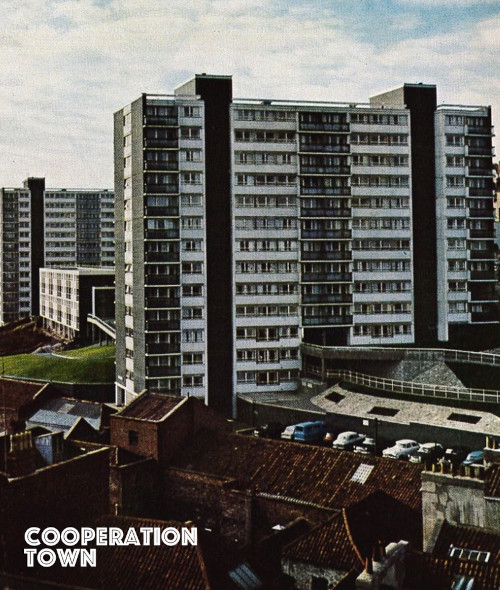Download the PDF here
We’ve made this guide for people wanting to start a Cooperation Town food co-op in their neighbourhood or on their estate. It explains how to start a local co-op in a simple and accessible way, contains templates your group can use and provides information on what support is available.Our communities have been hit hard by years of austerity and, most recently, Covid-19. This ongoing crisis left many of us poorer, with no access to public services and isolated in our struggles. Decisions about our housing, education, jobs and health are made by strangers, who don’t know us, ignore our needs and disregard our experience. Often, businesses have more say about how our communities are organised, than the people we live with. They make decisions about us — without us. But there is another way!When we work together with neighbours and colleagues we can take control over our lives. From food to housing, jobs to public spaces — we share the problems and the solutions! The co-op structure is just one way in which we can organise around our needs.Co-ops are based on the simple idea that organising together makes us stronger and more resilient — and saves us money!There are different types of food co-ops, some of them are shops, some are growers co-ops and some are consumer clubs. In this pack, we refer to food co-ops as small buying groups, which provide their members with affordable food (and other household products) bought in bulk and re-distributed at a very low price. They are the most affordable — and sociable — way to get food!Unlike a food bank, where recipients are means tested and have no say in how the service is run, Cooperation Town co-ops are owned by their members, who decide together what to buy and how to run the co-op. They are not-for-profit groups, set up to meet members’ needs and are controlled by the people who join them. They are based on solidarity, not charity.




